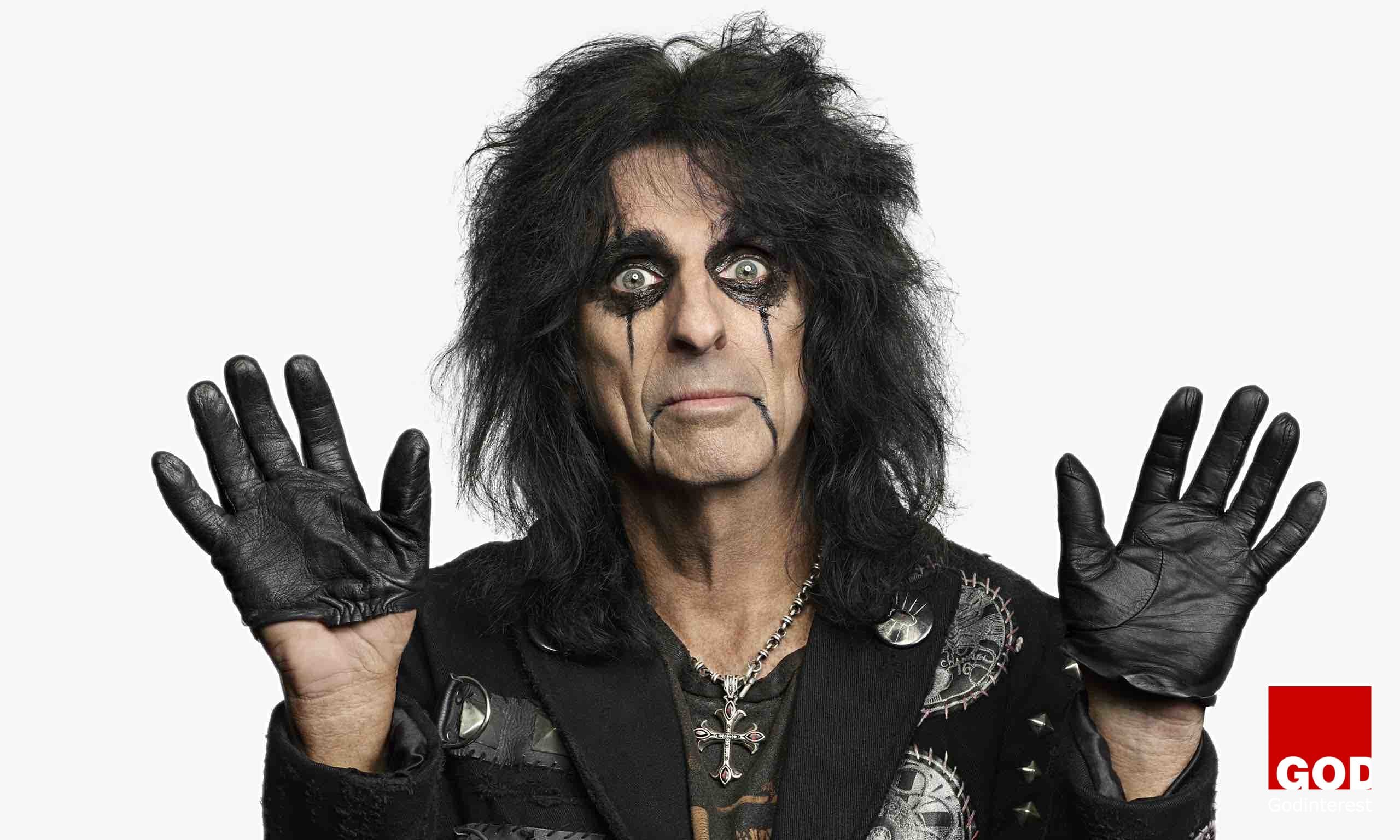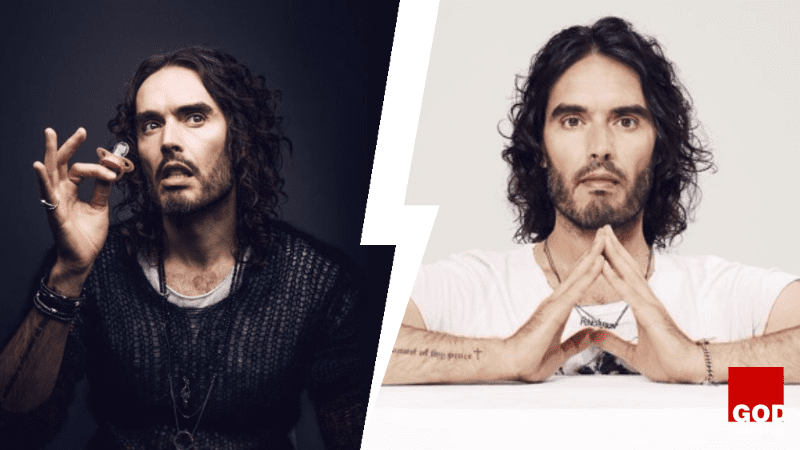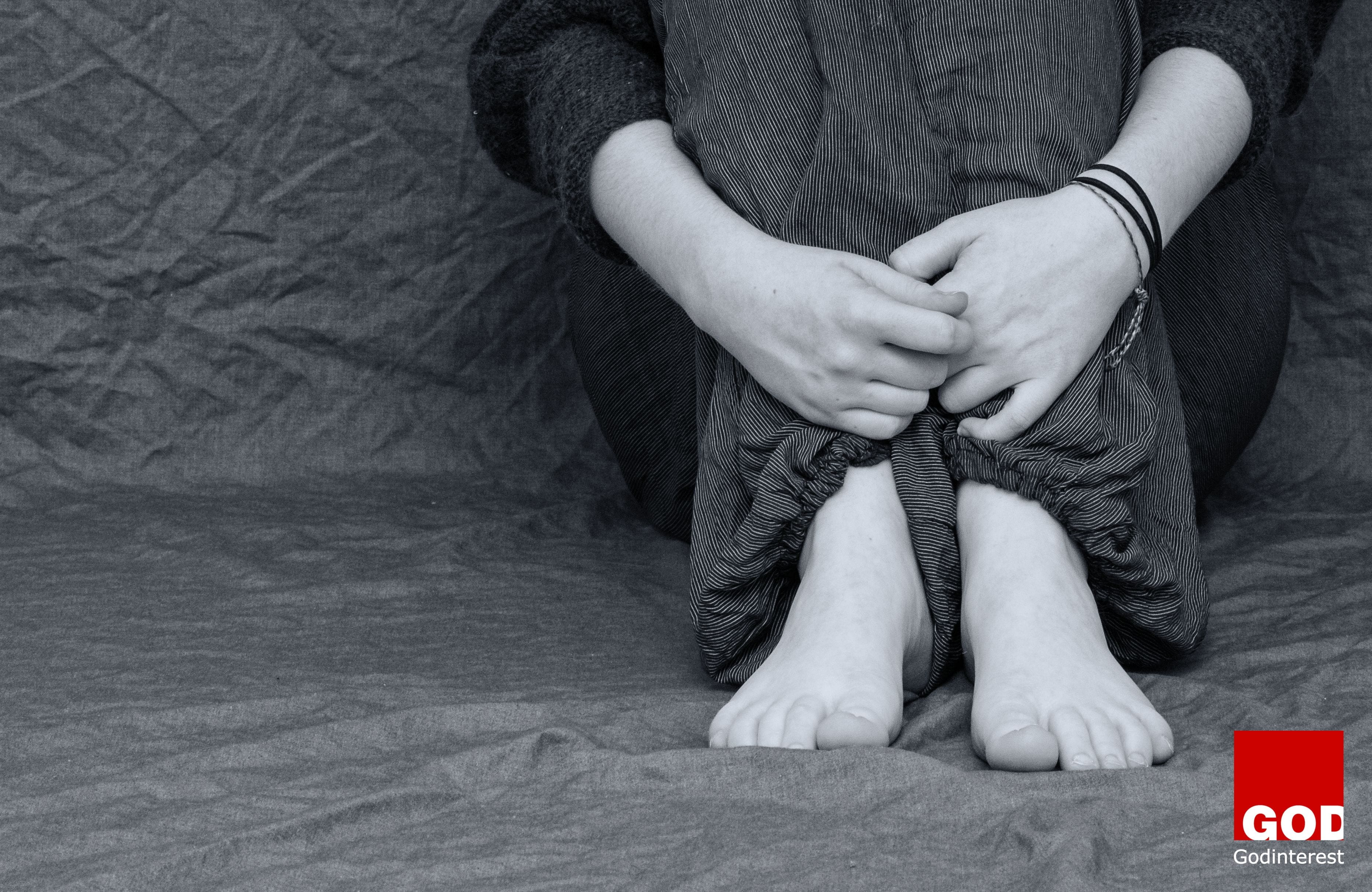Religion and faith regularly come under the scrutiny of those in the camp of science, medicine, and ‘rational’ thinking. Yet many studies conducted over recent years continue to reveal (intentionally or accidentally) that people are likely to live longer when they have a personal faith and attend religious services.
Here’s a rundown of some of the studies:
- A recent study, published in 2016 in the JAMA Internal Medicine, showed that women who attended any kind of religious service more than one time a week were 33% less likely than their non-religious peers to die during the 16 years of follow up
- A 2006 University of Texas study showed that those who attended church weekly were expected to live 7 years longer than those who never went to church
- An Ohio University study of obituary records showed that religious people live about 4 years longer than those who are atheist
- According to a study published in the American Journal of Public Health, Californians who regularly attended religious services were 36% less likely to die during a 5 year follow up. And even those who attended sometimes (but not weekly) were expected to live longer than those who never attended services at all
- One study showed that people who had a personal faith and belief were likely to live longer, even if they didn’t attend church regularly. So it’s not just about getting your backside into the pew.
Modern research goes on and on, linking religious activity and faith with health aspects such as:
- faster recovery from breast cancer
- lower blood pressure
- less depression and shorter hospital stays for hip replacement patients
- more successful in-vitro fertilization (IVF) experiences
- strengthened immune system
- lowered stress response
- faster recovery from depression
- less likelihood of committing suicide
Some non-religious people chalk all of this up to the placebo effect of prayer, or simply a boost in good vibes. Many attribute the benefits of gathering with a community of like-minded people or higher rates of social support.
Still, others who were once skeptics have reported that this information is changing the way they think about faith.
Now, before you start trying to get your friends and family members to fill a pew at church because they are guaranteed to live longer, just hold on a minute.
It is important to note that most of these studies were based on general religious participation and not narrowed down to Christianity. And it often has to do with people who have a personal faith experience as well as friendships within the church community. Not much information was gained for pew-sitters who were simply checking ‘go-to-church’ off of a long to-do list.
Going to church is not a cure-all.
Let no one hear me say that, if you go to church, you won’t get sick or die prematurely. Going to church, or even having a deep faith, doesn’t mean you will always feel happy, that nothing bad will happen, and you won’t struggle. Because that’s just not true.
What I am saying is this: I believe that God created our bodies and souls to work in tandem with one another. When our spirits are healthy and whole (fed by regular communion with God and his people), then our bodies are more likely to be healthy as well. And this is evidenced time and again by the studies listed above.
In my experience, community with fellow believers and the worship of the Almighty offers deep, immeasurable benefits to spiritual and physical well-being. So even while we are here on earth, living on this broken planet riddled with sickness, destruction, and death, we can live in joy and relative health because of our faith in Him.
And the best news of all? As Christians, we have Hope in something that is much more than this life on earth. In Christ, we are promised a new life that never ends. Our limited life here isn’t the end of the story.
So if you’re worried about dying prematurely, you don’t need to.
Not because you’re promised to live longer if you’re a Christian (although you might!). But because our omniscient God tells us that we don’t need to be anxious about the future.
As Christians, we can rest in the fact that our perspective is not limited to just this life. We can live each day for itself, bringing glory to God, gently sharing our faith to benefit others, and peacefully trusting that God has everything in his very capable hands. Right down to the number of days we will live on this earth.















